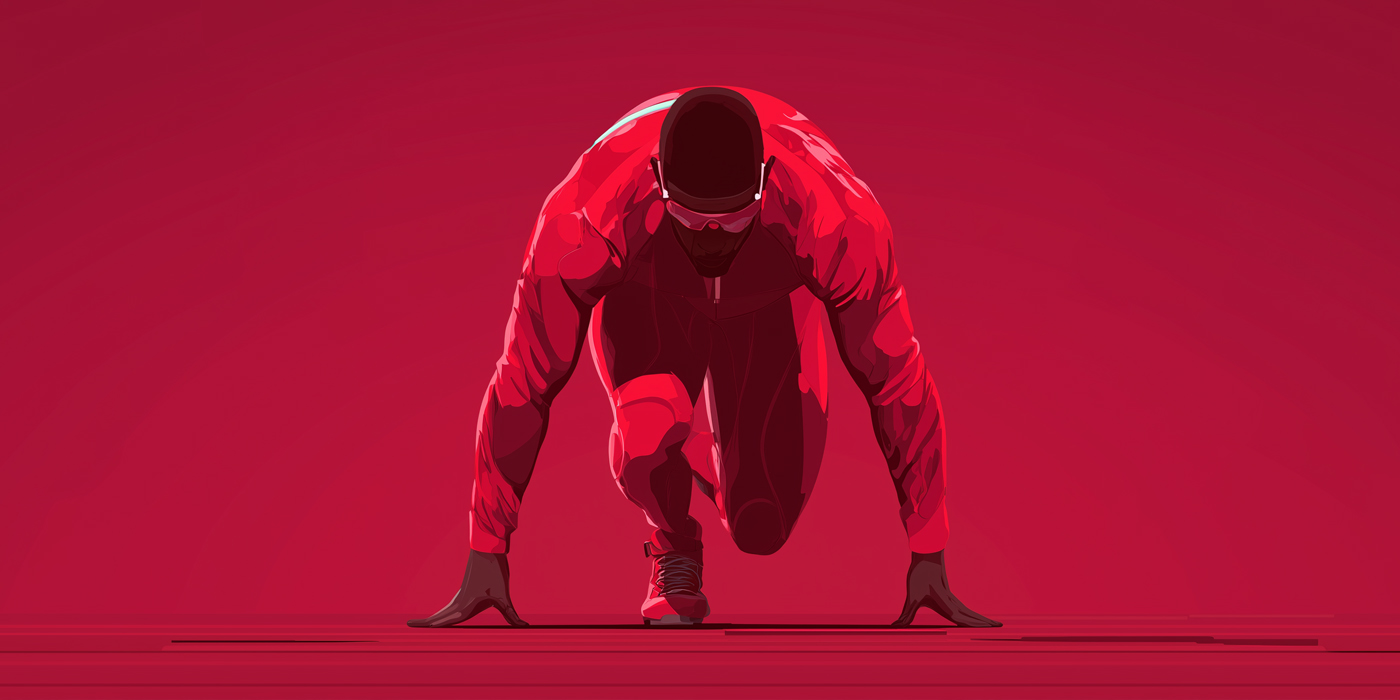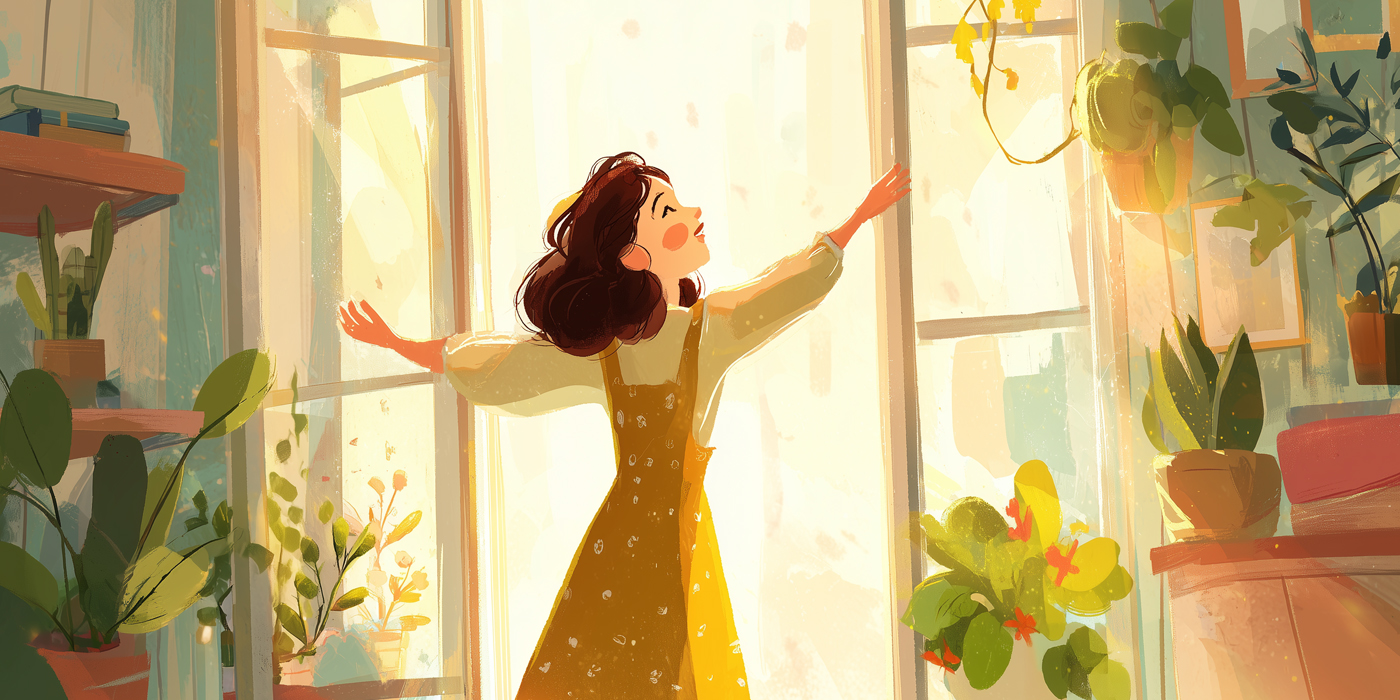I have been sexually sober now for 28 years. When I first came into SA, the fear of relapsing (and of the subsequent pain that relapse caused) helped me to maintain my sobriety. Fear of getting another venereal disease, fear of being arrested, fear of losing my wife and family, and fear of getting further into financial difficulties all seemed paramount to me. But today I know that fear and pain are not enough to keep me sober.
Over the years, I have watched many people come into SA full of fear and pain, convinced they would never act out again, and yet they did. I saw that fear of acting out and pain from consequences of acting out were not enough to keep them sober. Thus I realized early in my sobriety that fear and pain would not be enough to protect me from my addiction.
My sponsor would often say that God gave us all a gift. The gift was to forget pain. He would say that if we did not have this gift of forgetting pain, women would never have more than one child. But forgetting is also a part of my disease. As I recover, my disease tells me I don’t have a disease anymore. It tells me that it was not so bad. What could it hurt to loosen up a bit on my program? But I know that this type of thinking will lead to a downward spiral and into an abyss of chaos.
So if I do not have fear or pain, then what remains to keep me sober? I began to realize that, in place of fear, my program had to be based on the joy and the love of living. Although I can never forget where my sexual addiction took me and the pain of the consequences of acting out, I need to have a program of positive sobriety also. The words, “Don’t do this; don’t do that; no, no, no,“ were not enough to continue my journey into progressive victory over lust. The White Book makes this point strongly: “I was not cheating on my wife. I was not having sex with myself. I was not looking at the pictures or going to those places. Not, not, not… For months and months I was NOT. Until one day, NOT was not enough, and I went back out there” (SA 145).
Love and joy are emphasized in the AA literature as well: “The joy of living is the theme of A.A.’s Twelfth Step, and action is its key word. Here we turn outward toward our fellow alcoholics who are still in distress. Here we experience the kind of giving that asks no rewards. Here we begin to practice all Twelve Steps of the program in our daily lives so that we and those about us may find emotional sobriety. When the Twelfth Step is seen in its full implication, it is really talking about the kind of love that has no price tag on it” (12&12 106).
We are also told: “We are sure God wants us to be happy, joyous, and free. We cannot subscribe to the belief that this life is a vale of tears, though it once was just that for many of us. But it is clear that we made our own misery. God didn’t do it. Avoid then, the deliberate manufacture of misery, but if trouble comes, cheerfully capitalize on it as an opportunity to demonstrate His omnipotence” (AA 133).
When I first came into SA, I had absolutely no idea what any of this meant. I had to be taught by my sponsors and others who had gone before me in the program what love and joy were all about, and what positive sobriety meant. Following are a few of the principles I have learned:
1. Connect with God first thing in the morning. I tell Him throughout the day how much I love Him. I now accept his unconditional love for me and steadfastly work on having unconditional love for God.
2. Cultivate enjoyable activities. I will never forget when Jess, my sponsor, asked me what my hobbies were. “What is he talking about?” I thought. “I am a busy man. How can I have time for hobbies?” He quickly set me straight. With his support I developed many fun hobbies. I now create multi-media videos for family events. I do family tree research. I garden. I write articles for ESSAY at times. I am a movie buff. These are just a few examples.
3. Make gratitude lists throughout the day. I begin my day writing a gratitude list of 20 items. Throughout the day I continue my conversation with God by thanking Him for all the wonderful things in my life. My sponsor would say that God is very busy and does not need to hear complicated prayers. He would say that God loves short prayers, and the short prayer God loves most is “Thank you.” I joyfully thank him for all the gifts he has given me, especially the gift of sobriety.
4. Have fun. As we read in the Big Book, “But we aren’t a glum lot. If newcomers could see no joy or fun in our existence, they wouldn’t want it. We absolutely insist on enjoying life. … So we think cheerfulness and laughter make for usefulness. Outsiders are sometimes shocked when we burst into merriment over a seemingly tragic experience out of the past. But why shouldn’t we laugh? We have recovered, and have been given the power to help others” (AA 132).
One day when I was very upset, I called my sponsor. Instead of trying to solve my problem or soothe my injured pride, he asked me a ridiculous question (at least in my opinion!). He asked, “Harvey, what do you do when you go to a circus and see the crazy antics the clowns perform?” I begrudgingly said “I laugh.” He then said that is exactly what I needed to learn to do about the crazy antics I do each day. I needed to lean to laugh at myself. He suggested I buy a toy clown and place it where I can see it each day. The clown was to remind me to not take myself so seriously. I have used that clown now for the past 27 years.
I emphasize laughing a lot at our SA meetings. I have often said prior to officially starting our meetings: “We seem so quiet. You know we are not at a funeral.” We really are not at a funeral! In actuality we are at a festive occasion where we can celebrate our new-found freedom.
5. Bring the joy of our recovery to others. This in itself becomes fun. Service work is such a good way for me to get out of myself. When I am not preoccupied with self I automatically feel more joyous and loving.
I could go on and on about how much fun life has become in sobriety. As my sponsor told me, “It only gets better. Yes, the outside can turn into a mess but inside us it only gets better.”
I used to be so serious about everything. Now I actually make jokes and playfully tease my wife. Her response is, “Wait a minute. I’m the only one in the family who can make jokes around here!” Then I say to her, “Not anymore.”
As we read in Recovery Continues, “This is very new for me today, but I like the feeling: acceptance, gratitude, and joy are better than fear. And I’d rather have this than the mood-altering pills I took before sobriety. Real joy, and without a hangover! I’m not naturally a very joyful person, but now I have a way I can actually bring joy into my life—through every temptation and trial! Whenever I ‘count it all joy,’ I have joy! What a gift” (RC 40).
Join us in the love and joy this program can bring to us all. Jump on the wagon of positive sobriety. Experience the joy of living a sober life. If it works for me, I know it can work for you.
Harvey A., Nashville, TN






